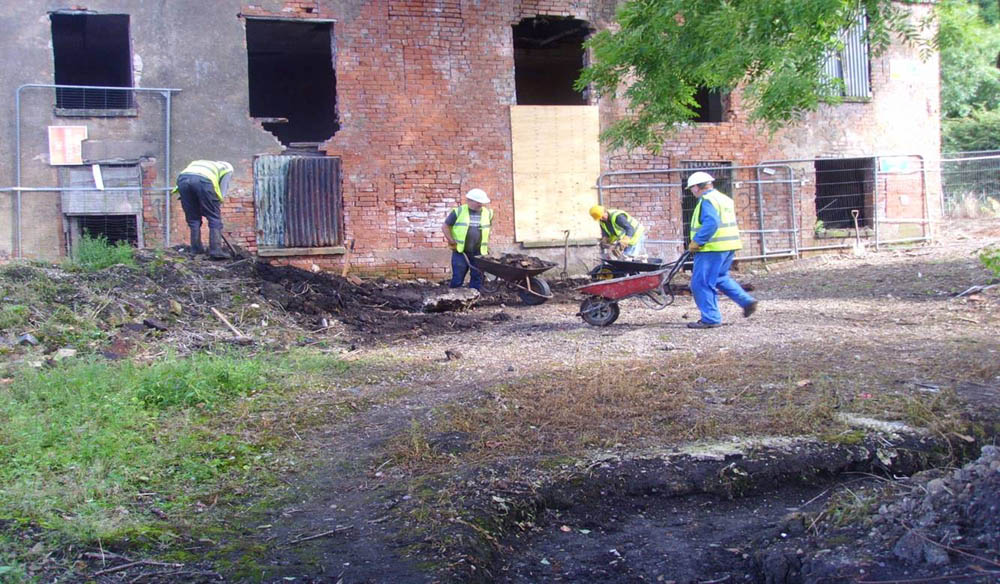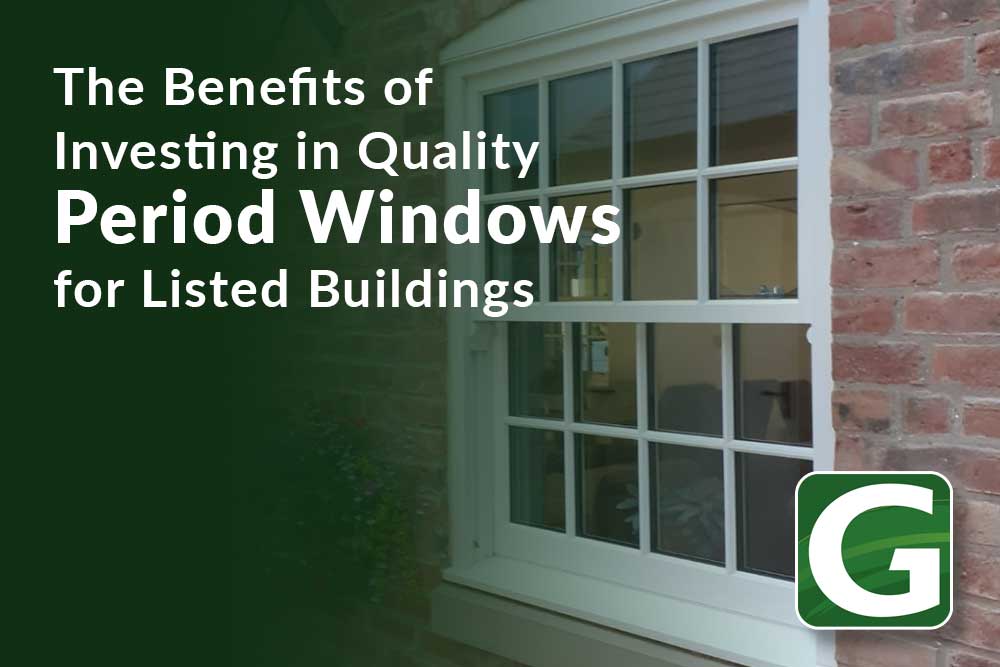Period Windows: Preserving Heritage for the Future
Investing in quality, heritage or period windows for Listed buildings is an important step in preserving our heritage for future generations. Heritage windows are designed and crafted with the utmost precision and care to ensure they match the original aesthetic of the building, while also providing protection from the elements and helping to maintain the structural integrity of the building. Heritage windows offer a number of benefits, from improved insulation and soundproofing to a longer lifespan and less maintenance, as well as a beautiful, classic look to the building. Investing in quality period windows for Listed buildings is worthwhile for the future of our heritage and for homeowner comfort.
What are heritage windows?
Heritage windows are made to match the original aesthetic of the building and feature traditional timber casement or sash windows. These types of windows are a key feature of any restoration or improvement project on a listed building.
The term heritage window specifically refers to period windows that will meet the strict planning permission requirements when making alterations to listed buildings. Heritage windows are also often referred to as period windows, though there is no set standard for what constitutes a period window.
Heritage windows often include modern energy efficiency features, such as Low-E, double-glazed or vacuum glass, although this needs to be thoughtfully integrated to avoid undermining the historic look of the property.
Heritage windows are designed and crafted with the utmost precision and care to ensure they match the original aesthetic of the building, while also providing protection from the elements and helping to maintain the structural integrity of the building.
Benefits of investing in quality heritage windows
Improved insulation and Soundproofing
Period windows are often installed to improve the living quality of the homeowner. Highly efficient double glazing can create better insulation and soundproofing, creating a more comfortable and quieter indoor environment.
Many Listed properties will have had single glazing installed when they were built. Planning officers often specify that they require single glazing to be installed in any replacement windows to keep the buildings as authentic as possible. However, as the property owners are wanting warmer, quieter rooms, ultra slim or vacuum double glazing is often used. These types of glazing replicate as closely as possible a single glazed window, with all the modern benefits. These are incredibly narrow windows – vacuum glazing has a cavity of 0.3mm compared to 16 – 24mm in standard double-glazed windows. Having such a narrow cavity eliminates the double reflection issue that often prevents standard double glazing being used in heritage projects. This super-narrow cavity also removes the ugly sight line – the inner frame – of standard double glazing.
A longer lifespan and less maintenance
Many heritage window manufacturers offer a 5 or 10 year warranty on their products. The longer lifespan of heritage windows means they require less maintenance, saving time and money for property owners.
Using quality timbers such as Accoya® means that window frames have an extended lifespan. These modern timbers don’t expand and contract due to temperature changes like other woods and are impervious to water ingress. This means that paint or varnish coatings are put under much less strain and won’t crack or flake – which, in turn, means much less maintenance.
Special micro-porous paints can also be used which will extend the service life and maintenance intervals even further.
Aesthetic appeal
Period windows have a beautiful, classic look that adds character and charm to many buildings. In addition, many heritage window manufacturers offer custom designs and accents to match the specific style of each building.
Quality assurance and historical accuracy
Heritage window manufacturers adhere to strict quality control measures that ensure their products are of the highest quality. This ensures customers will receive products that will last and provide the maximum benefit. Heritage manufacturers also adhere to strict standards of historical accuracy. Heritage windows are designed to fit the existing opening of the building and match the original aesthetic. This helps to preserve the historic integrity of the building.

The importance of investing in heritage windows for Listed buildings
Listed buildings are recognised as important buildings that contribute to the cultural heritage of a community or region. These buildings are often unique or rare examples of architectural styles and techniques, and they often have great architectural or historical significance. Investing in quality heritage windows for listed buildings is an important step in preserving these buildings for future generations. Heritage windows are designed to replicate original aesthetics of the building while also incorporating modern standards and innovative materials. This helps to preserve the historic integrity of the building and protects them for future generations to enjoy. While modern thermal windows also provide protection against the elements, they may not pass the planning regulations due to the age of the building, and they may not have the same aesthetic appeal. Furthermore, heritage windows are often available in a wide range of styles and types, ensuring there is a product that is a perfect fit for each building.
Conclusion
Heritage windows are an important investment, preserving our heritage for future generations. Heritage windows offer a number of benefits, from improved insulation and soundproofing to a longer lifespan and less maintenance, as well as a beautiful, classic look to the building. Investing in quality period windows for listed buildings is an investment worth making for the future of our heritage.
Read more about Heritage Windows in our comprehensive Guide to Replacing Windows in Listed Buildings

